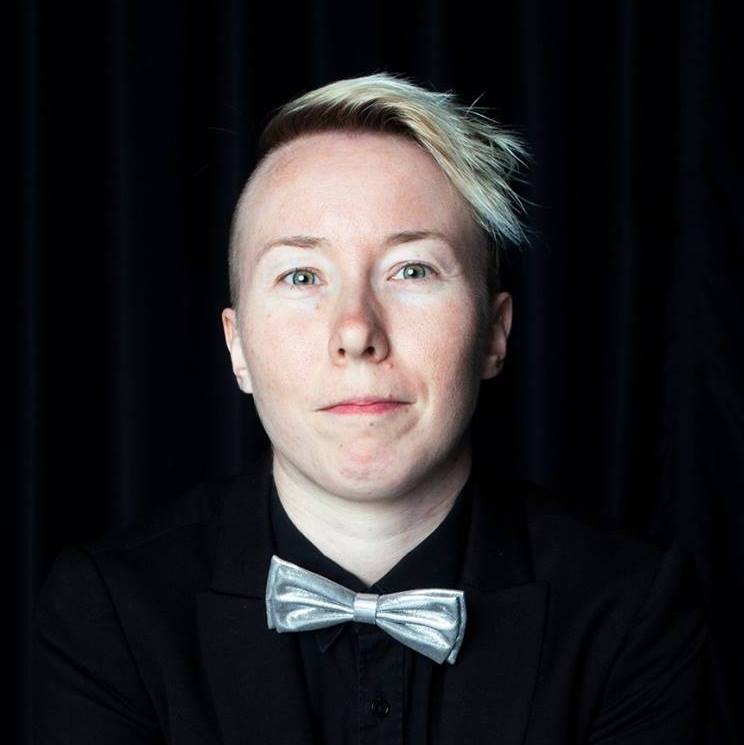OPINION Viima Lampinen on how to be respectful and supportive towards non-binary people.
Hello everyone! To whom it may concern aka welcome my very short TED talk dear distinguished guests.
Today is #InternationalNonBinaryDay. Today is a therefore great day to try to use more (non-binary) inclusive language. When you meet someone who is a parent, a spouse or sibling or simply a person try to use exactly those instead of making gender guesses and assumptions. Gender or lack of it can be important to a person and it’s likely they will tell you their gender if you come to be in close contact with them.
“if you’re having dinner in a restaurant and there’s someone in the next table who’se gender you have a hard time guessing, it is definitely not a good idea to only drop in to someone’s life to ask what gender they are.”
From personal experience I can tell you that if I have told someone about my gender it has usually meant that I have felt safe or comfortable to say that and in my opinion that is a good sign, it means that you are trusted with personal information that is not everyone has access to, not everyone is entitled to.
I wish the reception of that information would always be casually welcoming and positive instead of making a fuss about it. Just “ok” or “gotcha, thanks for telling me” is enough.
Having grown up in a stricly binary society being I understand old habits are hard to change, but everything is possible if you just try. What I would like to see less in the world is hesitation, anxiety or even fear of messing up and apologizing beforehand for making mistakes. I know it happens, it happens to me, too. Just like I can forget ever meeting someone I can of course also forget a person’s face, their name, gender, pronoun, just like I can sometimes call a friend by another friends’s name. So worry not, you will definitely make a mistake.
The lesson to learn is to not make yourself or others feel mortified by it. Let’s all try to quickly correct by either directly stating the correct “answer” or sliding the right pronoun or gender into the conversation for others to pick up. And just a quick “sorry/my bad/you’re right/ah, yes/thanks for…” and then continuing on with the conversation would be perfect. When someone is non-binary I am sure they cannot even count how many times they have been in a similar situation. It happens. Let’s keep calm and carry on doing our best. But after a mistake happens, there will always be a next one.
But do understand that not everyone is as understanding as I described above. We never know what people are going through. That is why it is important to try to rid our minds of assumptions and ask if it is necessary. All the while also weighing “is this information necessary to me?”. If it is, you can of course for example double check someone’s pronoun.
On the other hand if you’re having dinner in a restaurant and there’s someone in the next table who’se gender you have a hard time guessing, it is definitely not a good idea to only drop in to someone’s life to ask what gender they are. Leave them alone.
Also remember that there is no default way to be non-binary, there is no model or norm that would help you tell who is non-binary. The only person who can tell you that is the person themself. He/she/they might not even use they pronouns and they might not stand out from the crowd at all by their appearance.
Some countries support and recognize non-binary people and their identities, while others still have a long way to go when it comes to inclusivity and respecting non-binary existance, but as individuals we can all start now. Inclusion starts with an attitude, then it’s about changing behavior and actions such as using inclusive language.
Wishing y’all happy, respectful and inclusive International Non-Binary People’s Day!


